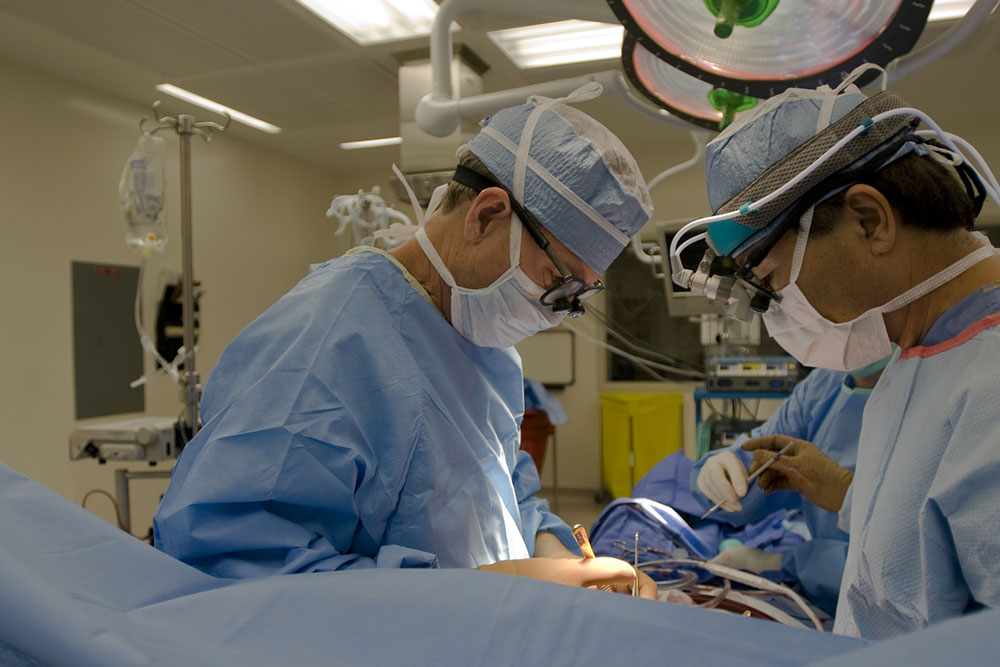Essential Insights into Sleeve Gastrectomy for Weight Loss
Sleeve gastrectomy, or gastric sleeve surgery, is a minimally invasive weight-loss procedure that reduces stomach size to limit food intake. Performed under general anesthesia with small incisions, it offers quick recovery and effective weight management. Benefits include decreased hunger, improved metabolic health, and simpler procedures without foreign objects. Costs typically range between £7,000 and £11,000, with various clinics providing flexible payment options. Regular follow-ups ensure health improvements and monitor for side effects, making it a popular choice for obesity treatment.
Sponsored

Sleeve gastrectomy, widely called gastric sleeve surgery, is a weight-loss procedure where a large part of the stomach is removed, resulting in a narrow, sleeve-shaped pouch. This reduction limits food intake, aiding in weight management. Doctors often recommend this surgery for individuals with health concerns related to obesity or metabolic conditions, aiming to improve overall health and decrease disease risks.
Gastric sleeve operation process
This procedure, also known as sleeve gastrectomy, is normally done using minimally invasive techniques like laparoscopy or robotic methods. These approaches avoid large abdominal cuts, leading to faster recovery times. The surgery is performed under general anesthesia, where small incisions allow the insertion of a camera and surgical tools to reshape the stomach.
The process involves creating small incisions through which a camera and instruments are inserted. The surgeon measures the stomach, then removes the major portion using surgical staples, leaving a small sleeve. The incisions are then closed, and the procedure typically takes 60 to 90 minutes. Patients usually stay in the hospital overnight or for a few days for proper recovery and monitoring.
Advantages of the sleeve gastrectomy
Effective weight management by reducing food consumption
Decreased hunger due to lower ghrelin hormone production
Simpler procedure with shorter recovery time compared to other bariatric surgeries
No need for bands or foreign objects inside the body
Post-surgery, patients are monitored through follow-up visits to track health improvements and address potential side effects. Expenses vary depending on the clinic, surgeon expertise, and any additional treatments required, often ranging from £7,000 to £11,000. Many clinics offer payment plans to make the procedure more accessible.






